5 Common Corporate Budgeting Mistakes to Avoid
5 Common Corporate Budgeting Mistakes to Avoid
Many small business owners, and even corporations, make the mistake of thinking that automating the budgeting and forecasting function with the right business software will help them to eliminate all budgeting mistakes. Although it is certainly true that automation helps to eliminate input mistakes, reduce time spent on budgeting, and achieve higher accuracy, following good budgeting practices is still essential, even when using advanced budgeting software.
We take a look at five common budgeting mistakes in small, medium and large business environments.
A Budget Based on Stakeholder Demands
When the budgeting process is determined by the projected expenditures of various departments, you get the situation where the departments compete to get their piece of the pie, rather than ensuring that the organisational goals are met. This leads to an improper allocation of the budget.
If John is better than Jack at presenting his departmental projected expenditures, then John’s department receives funds that should have been allocated to Jack’s department, and which would have contributed more to reaching the company’s goals than John’s department. It shouldn’t be about the best presentation or player, but about the company performance.
Instead of following the traditional approach described above, which results in everyone losing, it is better to adapt a performance evaluation approach to the budgeting process. This makes it possible to create a framework for evaluation of expenditure requirements, which is the same throughout the organisation, thus enabling faster decision making and prioritising of budget allocation in line with the company’s strategic goals.
Information Imbalance
Although detail certainly matters when it comes to finances, when it comes to budgeting, you need to strike the right balance. If there is too much detail, it creates a situation of too much information, which leads to long decision-making processes. Too many details also mean more chances for technical mistakes. However, not having enough information at hand may lead to the incorrect allocation of funds and decisions, which could cost the organisation money. Having the right budgeting software helps to overcome the problem of information overload, and not having enough information at hand. It is essential to focus on the priorities that matter, with more details for the short-term budgeting process, and less for the long-term projections.
Just Working with Annual Budgets
Many organisations have annual budgets set in stone. The problem is that the market changes, and can sometimes do so rather quickly. Having a rigid budget which is only reviewed annually means not being able to adapt to the environment, take opportunities presented, or change as needed to make provisions for additional expenses. The budget must be flexible enough to allow for some changes. Take, for instance, the situation where materials for a particular product for some reason become rather scarce. The prices go up quickly, but the particular department’s budget cannot be changed. The company’s production suffers as a result, and the sales prices must be increased. The customers are not happy and sales suffer. The company overall suffers. The causes of changes must be assessed, budgets adapted to make provisions for such, and resources allocated accordingly.
The solution is to update the budget regularly, and to make use of advanced budgeting software, which makes projections easier and which allows for changes as needed.
Ignoring Tax Responsibilities
Nobody wants to think about taxes when they budget, but the reality is that the more successful the company is, the more tax it will pay. Profit thus means tax, and it is essential to budget for tax as an expense. It is a given that the company will have to pay tax, and not including the projected taxes in relation to the company’s performance in the budget means that the company will have an expense not catered for in the budget. Make use of sophisticated budgeting software to incorporate the tax expenses for more accurate budgeting.
Working with Spreadsheet Models
The majority of spreadsheets contain errors, ranging from formula to input, and calculation errors. The company’s budget shouldn’t be based on a flawed model, and most certainly not on incorrect financial information. Spreadsheets were never designed for complex corporate budgeting and forecasting purposes. Using the wrong tools for the job leads to unnecessary time wastage, errors, and a limited budgeting capacity.
Following sound budgeting practices and investing in advanced budgeting software are the two main rules to follow for optimal accuracy and financial control. Make use of our solutions for maximum budgeting success.

Download our free
KPI Spreadsheet
categorized
by job, department or process
Contact Us
Thank you!
You can find your free KPI Spreadsheet here.
We hope you find it useful.
Most people who download the KPI spreadsheet are looking for ideas to choose the right key performance indicators.
Choosing the right KPIs and selecting the night targets to go with them can be tricky and requires diligence and dedication.
There are millions of things that could be measured. You can only manage what you measure.
So if you measure the wrong things you will manage the wrong things and not get the results you're looking for.
For more information on how to effectively implement these KPIs in your business, please contact us.
Regards
KPI Management Solutions
roger@kpims.co.uk
Please try again later.
We'll never share any of your information with anyone.
GET IN TOUCH
Call: +27 82 809 5423
Email: roger@kpims.co.za
Location: Wildfig Business Park, Block 7 Unit 54, 1494 Cranberry Street, Honeydew, Gauteng, 2170
Designed with enthusiasm by VerdanTech

